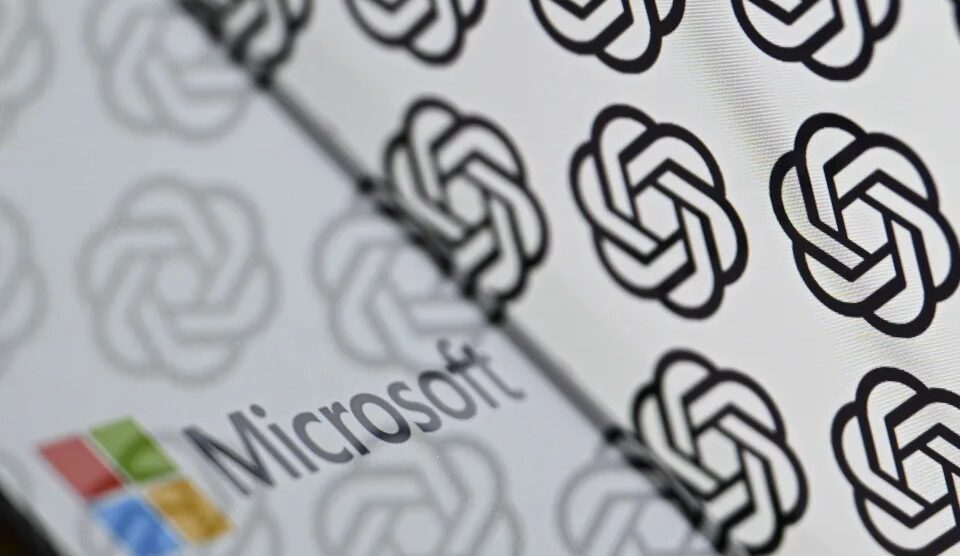In a significant turn of events, OpenAI and Microsoft find themselves entangled in a copyright infringement lawsuit brought forth by a group of non-fiction authors. The authors, represented by Julian Sancton, allege that both tech giants have unlawfully used their work to train generative AI models, a violation of their copyright rights.
Copyright Infringement Allegations
The crux of the lawsuit centers on the claim that OpenAI and Microsoft utilized the authors’ work without permission or compensation to train their generative AI models. The resultant AI-generated text is alleged to be a derivative of the authors’ work, constituting copyright infringement.
Targets of the Lawsuit: ChatGPT and Bing
Specifically, the lawsuit targets OpenAI’s ChatGPT, a generative AI model, and Microsoft’s Bing search engine, utilizing ChatGPT to generate text responses. The authors argue that these AI models produce text indistinguishable from human-written content, asserting that such proficiency stems from training on a vast dataset that includes copyrighted material, including their own.
Rising Backlash Against AI in Content Creation
This lawsuit adds to a growing trend of accusations against AI companies for copyright infringement. The broader creative community expresses concerns about AI models potentially plagiarizing artistic and written works.
Legal Implications at Stake
The lawsuit’s outcome carries weighty implications for the future of AI-generated content. A favorable ruling for the plaintiffs could establish a precedent making it challenging for AI companies to use copyrighted material in model training. Such a precedent might impede innovation and the development of new AI products.
Navigating Complex Legal and Ethical Terrain
The legal skirmish between OpenAI, Microsoft, and the non-fiction authors underscores the intricate legal and ethical challenges surrounding AI in content creation. As AI evolves, defining clear rights for artists and writers becomes imperative, necessitating frameworks to ensure responsible and ethical AI use.
In Conclusion
The lawsuit against OpenAI and Microsoft serves as a stark reminder of the legal complexities entwined with AI in content creation. As technology advances, it becomes crucial to establish a comprehensive understanding of artists’ and writers’ rights, laying the groundwork for responsible and ethical AI utilization in the ever-evolving landscape of content creation.










Add Comment